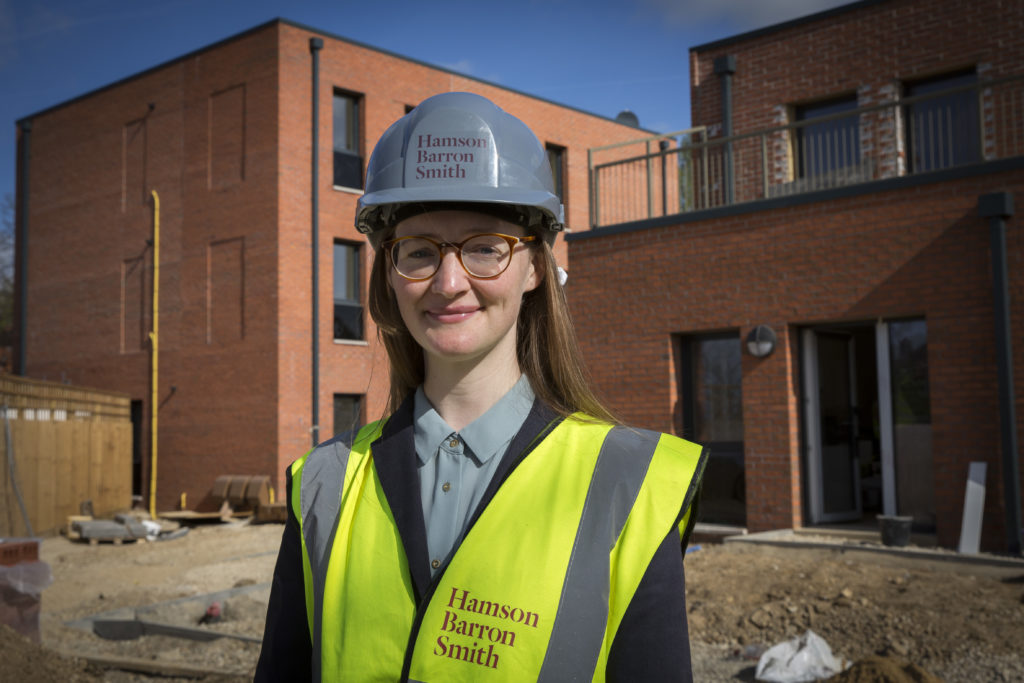Introduction
If we are to meet our carbon emissions targets and restore nature in the timeframe that the latest UN IPCC report sets out, we need nothing less than a revolution. We need to move with the sense of urgency that we saw during the Coronavirus pandemic. Despite the horrors the pandemic unleashed, it did prove one thing: big systems changes and the funds required to deliver them are possible.
Whilst the outcomes from the UK hosted COP26 negotiations in Glasgow left lots lacking, there is now consensus around the world of the devastating implications of inaction on climate change. Thanks to thousands of scientists and the likes of Sir David Attenborough, Vinisha Umashankar or Greta Thunberg and hundreds of thousands of other climate activists around the world, anthropomorphic climate change is no longer disputed.
Solving climate and social issues at the same time
Progress in the UK is mixed. National government certainly needs to do much more in providing the long-term policy, powers and funds local authorities need to deliver their transitions. Most councils have declared climate emergencies but up to a fifth still do not have climate action plans in place. Some councils are progressing well with their plans whilst others are lagging behind. Whilst we know that well designed climate policies can deliver a wide range of other social, environmental and economic benefits, unfortunately the climate change narrative is still too often about giving things up.
At Ashden we have a different view. By engaging people through structures like citizens’ panels, working with communities to co-design local solutions and connecting climate policy to the needs of everyone, we can demonstrate that the consequences of climate action improve lives, not diminish them. Better jobs and training bringing more money into local economies, clean air, healthier travel options, green spaces, and warm and cheap-to-heat homes – all these engage peoples’ values. By looking at these wider benefits we can solve climate and social issues at the same time and use housing, transport, infrastructure or economic development budgets in a smarter way that delivers urgent climate action.
Rapidly retrofitting and insulating people’s homes will reduce energy bills and protect low income communities from the poverty caused by the cost of living crisis we are currently experiencing, whilst also increasing our national energy resilience. Reducing levels of air pollution will massively reduce the costs of NHS treatment and in turn free-up money to be spent on sustainable green transport. Engaging the population in this way shows them that responding to climate change makes their lives better and, in turn, this gives governments, be they local, regional or national, the agency to implement more radical carbon-cutting measures and the funds to do so. This co-benefits approach is at the heart of Ashden’s sustainable towns and cities programme and at the heart of this toolkit. We need to re-frame climate change to show how it improves quality of life for all of us. As the IPPC only too forcefully highlights, the time is now. We cannot delay any longer.
At present in the UK:
- Around 40,000 people die annually as a result of human-made air pollution; the majority of these will live in urban areas.
- Only half of the UK population has easy access (within 300m) to green space.
- More than one in four of the UK’s children are living in poverty, rising to almost half of children in some urban constituencies (including constituencies in London, Birmingham and Manchester).
Opportunities from decarbonisation
As the world seeks to make more efficient use of its energy resources, increase energy security and meet global climate targets, it is essential that local authorities take a leading role in the energy transition. There are enormous opportunities from doing so. Low carbon and renewable energy activities generated £43 billion turnover in 2019, directly employing 209,500 people (full-time equivalents). There are opportunities to avoid future costs by improving the resilience of council services to withstand the future climate, which is forecast to comprise hotter, drier summers and greater risk of flooding. A government report has recently found that the climate change cost to the UK will reach in excess of £20billion a year if we do not urgently take action.
The UK government has set a legal target to reduce carbon emissions by 78% by 2035 compared to 1990 levels (this is the most ambitious target of any country in the world), with a net zero target of 2050. This means greenhouse gas emissions falling from around 14 tonnes per person in 1990 to around 3 tonnes per person in 2035. At the COP climate change conference in November 2021, 200 countries agreed the Glasgow Climate Pact to keep the target of limiting global average temperature increase to 1.5°C. However, scientists warned that the world was on track for dangerous temperature rises of 2.4°C and would require concerted and immediate global efforts to limit the increase to 1.5° C. A rise of 2.4° C would significantly worsen the risks of drought, floods, extreme heat and poverty for hundreds of millions of people.

Previous Section:
Chapter 1 – Context

